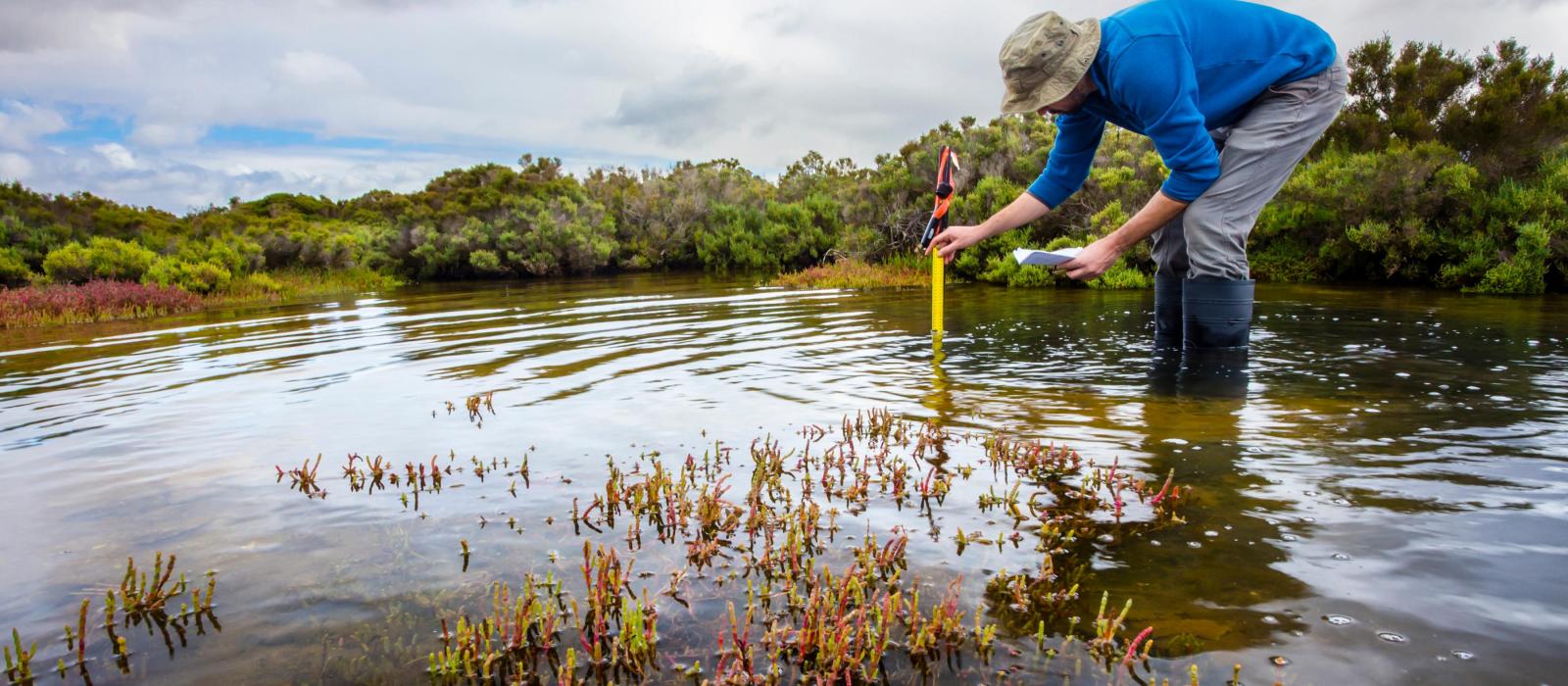Environmental Monitoring and Research

Environmental quality and monitoring involve taking samples of the environment to make observations, measure an activity's impact on the environment, and determine health and safety issues.
"We gave birth to a conversation that people would recognize as their own," says environmental justice grassroots member Vernice Miller-Travis.
Professions in environmental quality and monitoring play a diverse and vital role in protecting both the environment and people's health.
What should I study?
Many entry-level positions ask for an associate degree, a bachelor’s degree, or a master’s degree. Some specialized careers may also require certifications, licenses, and hands-on experience. Lab experience may also be helpful preparation for this field.
Educational background may include classes or a degree in:
- Natural resource management
- Environmental studies
- Public policy or planning
- Project management
- Biology
- Chemistry
- Statistics
- Climate Science
- Environmental Science
- Botany
- Resource Ecology
- Landscape Architecture or Environmental Engineering
Where can I find a career in environmental quality and monitoring?
- Federal and local government agencies
- State departments
- Research laboratories and universities
- Law firms
- Non-profit organizations
Position titles and career specializations might include, but are not limited to:
- Habitat & Stewardship Technician
- Research Assistant
- Inventory and Monitoring Specialist
- Environmental Specialist or Consultant
- Wetland Scientist
- Environmental Quality Analyst
- Environmental Justice
- Air Pollution Control
- Environmental Health
- Soil and Water Conservation
- Waste Management
What are some other ways to gain experience?
Gaining fieldwork experience is an important step, but earning a postgraduate degree will provide project experience and skills development to advance one's career.
Look for opportunities on eeJOBS >